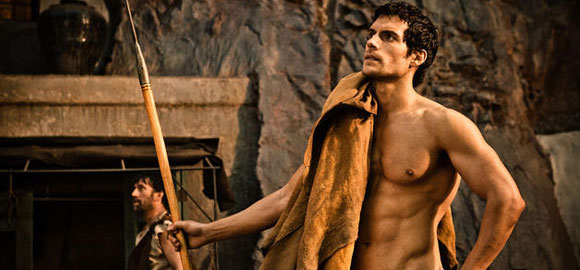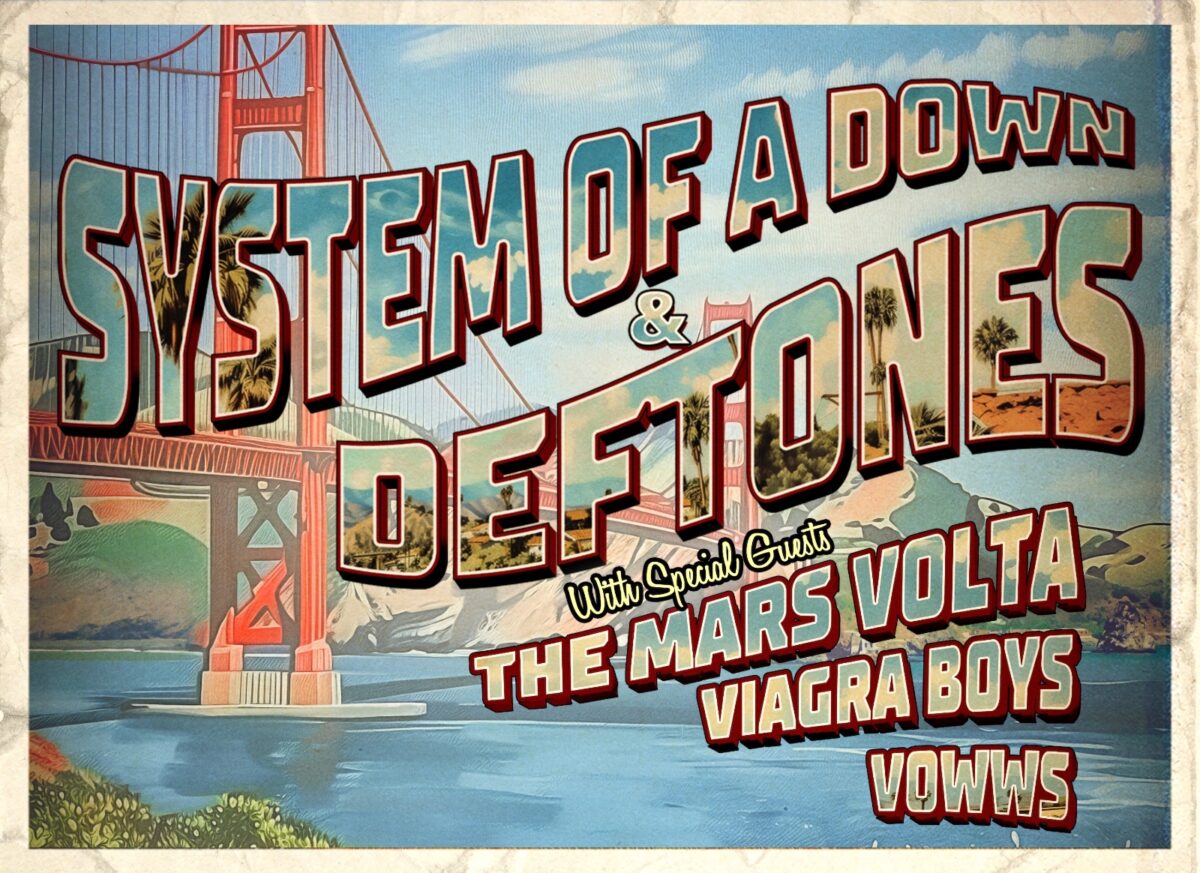Movie Review: Immortals
Ridiculous, sublime, sometimes ridiculously sublime, Tarsem’s Immortals doesn’t disappoint visually.
To borrow the tagline for a justly forgotten franchise mash-up Alien vs. Predator, “Whoever wins, we lose.” The “whoever” refers to the war between gods and gods, men and gods, and men against men that gives Tarsem Singh Dhandwar’s (The Fall, The Cell) latest film, Immortals, an ancient Greece-set fantasy/adventure, the necessary impetus to justify the nearly two-hour running time.
Marshaling the best technical staff (e.g., production design, cinematography, costume design, visual effects artists), the former singularly monikered director (first known as Tarsem, then Tarsem Singh, and now finally Tarsem Singh Dhandwar) has crafted dense, richly textured, consistently memorable visual imagery, but an almost complete failure in every other aspect.
Immortals centers on Theseus (Henry Cavill, the once and future Superman: The Man of Steel), a lowly peasant trained to become a warrior by a philosophically minded mentor (John Hurt). Theseus, however, doesn’t want to fight for or against anything. He seems perfectly satisfied to live and work in a cliff-side village on the Kolpos Peninsula, Greece. The stonemason’s life also gives him ample time to spend with his doting, appreciative mother. She still believes in the Greek gods.
Theseus, an empiricist at heart, refuses to believe in what he can’t see, only in what he can see or experience firsthand. But fate and, of course, a hero’s journey, begins with loss, with change neither wanted nor desired. In Theseus’ case, change appears in the form of a seemingly unstoppable tyrant.
Said tyrant, King Hyperion (Mickey Rourke, back in gravelly voiced, paycheck mode), wants war and carnage and war and carnage is what Hyperion gets. Hyperion may be a cruel, arbitrary despot, eager to his seed far and wide (his version of immortality), but he also has a personal grudge against the Greek gods. The gods failed him, ignoring his prayers, and letting his wife and child die from diseases. Hyperion seeks the Epirus Bow, an unimaginable (yet imaginable), magically empowered bow that allows the owner to fire four or more simultaneous arrows. The arrows explode on impact, maiming and killing the intended target or, if necessary, destroying seemingly impregnable walls or gates.
The Epirus Bow has one, more, all-important power: The owner can free the long-forgotten Titans, the first rulers of the natural and supernatural order, one-time rivals, captives, and prisoners to their successors, the Greek gods, hidden for millennia in Mount Tartarus (no relation to Mt. Doom). Immortals doesn’t turn on a quest for the Epirus Bow, however. Theseus finds the bow early, almost inadvertently, the haphazard result of semi-vague directions given by Virgin Oracle/obligatory romantic interest Phaedra (Frieda Pinto). Along with Stavros (Stephen Dorff), a slave and thief who decides to follow Theseus on his quest to defeat Hyperion because every hero needs, if not necessarily deserves, a (potentially) life-sacrificing, levity-providing sidekick.
Unfortunately, Immortals‘ screenwriters, Charley Parlapanides and Vlas Parlapanides, fail Tarsem almost completely. Despite an obvious knowledge of Greek history, myths and legends and, to be fair, the occasionally novel twist of a familiar story element (e.g., the Minotaur and the labyrinth), the Parlapanides brothers lack awareness, willfully or otherwise, of the basics of narrative storytelling, saddling Tarsem and his actors with insipid, banal dialogue, clichéd plot permutations, repeated logic lapses, and flat, one-dimensional characters regardless of their status as Greek gods or non-gods, making an emotional investment in their individual and respective fates all but impossible for the average (and non-average) moviegoer.
Tarsem, however, may not see the validity of those criticisms. For Tarsem, visuals come first, second, and sixth, narrative last (if at all). Tarsem seems to revel in the opportunity Immortals gave him to convert his ideas, some, by his own admission, inspired by Caravaggio, into visuals onscreen. Tarsem tapped Oscar winner Eiko Ishioka (Bram Stoker’s Dracula) to design distinctive costumes for Immortals’ cast. Excessive at times and, thus, liable to induce laughter, Ishioka’s costumes are, like Immortals and the gory, bloody, violent set pieces (shot at high-frame rates to maximize 300-style “speed-ramping”), borderline ridiculous and/or campy, but never forgettable.
Rating: 2.5 out of 5 stars








